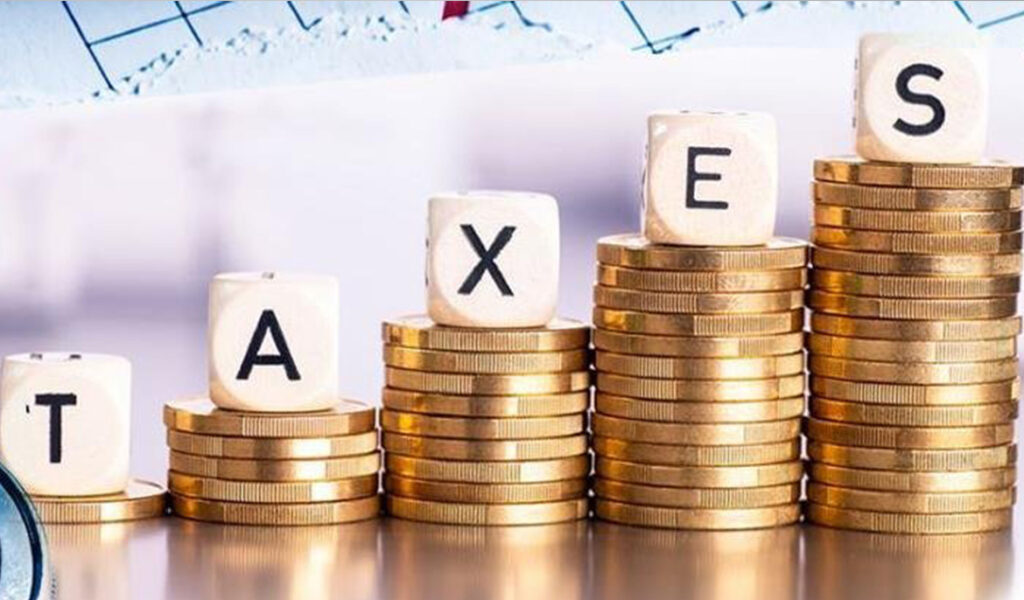The Republic of Cyprus, even though not a member of the Organisation for Economic Co-operation and Development (OECD) for political objections and not able to partake to the relevant consultations at the Inclusive Framework (IF) OECD level, has been supportive of the OECD/G20 BEPS actions and the work undertaken so far by the OECD/G20 and the Inclusive Framework on BEPS in the international tax field.
As noted in a recent official announcement by the state, “In particular, the rules, as prescribed in the IF OECD/G20 on BEPS statement of October 2021 providing the fundamentals for developing the modalities of Pillar 1 and 2, were welcomed by the Ministry of Finance in a ministerial press release statement issued beginning of October 2021.”
Article 32 of the EU Council Directive 2022/2523 of 14 December 2022 on ensuring a global minimum level of taxation for multinational enterprise groups and large-scale domestic groups in the Union, also known as “Pillar 2”, provides that all European Union (EU) member states must have given consent in order for an international set of rules and conditions to be a “qualifying international agreement on safe harbours,” the announcement continued.
It went on to say, “Therefore, in view of Article 32 of the Pillar 2 Directive, the Republic of Cyprus hereby provides its full assurance and consent to the safe harbour rules as provided in the following documents:
(a) OECD (2022), Safe Harbours and Penalty Relief: Global Anti-Base Erosion Rules (Pillar Two), OECD/G20 Inclusive Framework on BEPS, OECD, Paris, published by the OECD on 20 December 2022,
(b) OECD (2023), Tax Challenges Arising from the Digitalisation of the Economy – Administrative Guidance on the Global Anti-Base Erosion Model Rules (Pillar Two), July 2023, OECD/G20 Inclusive Framework on BEPS, OECD, Paris, published by the OECD on 17 July 2023,
(c) OECD (2023), Tax Challenges Arising from the Digitalisation of the Economy – Administrative Guidance on the Global Anti-Base Erosion Model Rules (Pillar Two), December 2023, OECD/G20 Inclusive Framework on BEPS, OECD, Paris, published by the OECD on 18 December 2023,
(d) OECD (2024) Tax Challenges Arising from the Digitalisation of the Economy – Administrative Guidance on the Global Anti-Base Erosion Model Rules (Pillar Two), June 2024, OECD/G20 Inclusive Framework on BEPS, OECD, Paris, published by the OECD on 17 June 2024.”
This statement supplements the statements on this topic dated 22 March 2023 and 23 October 2023, the official statement concluded.
(Source: PIO)



